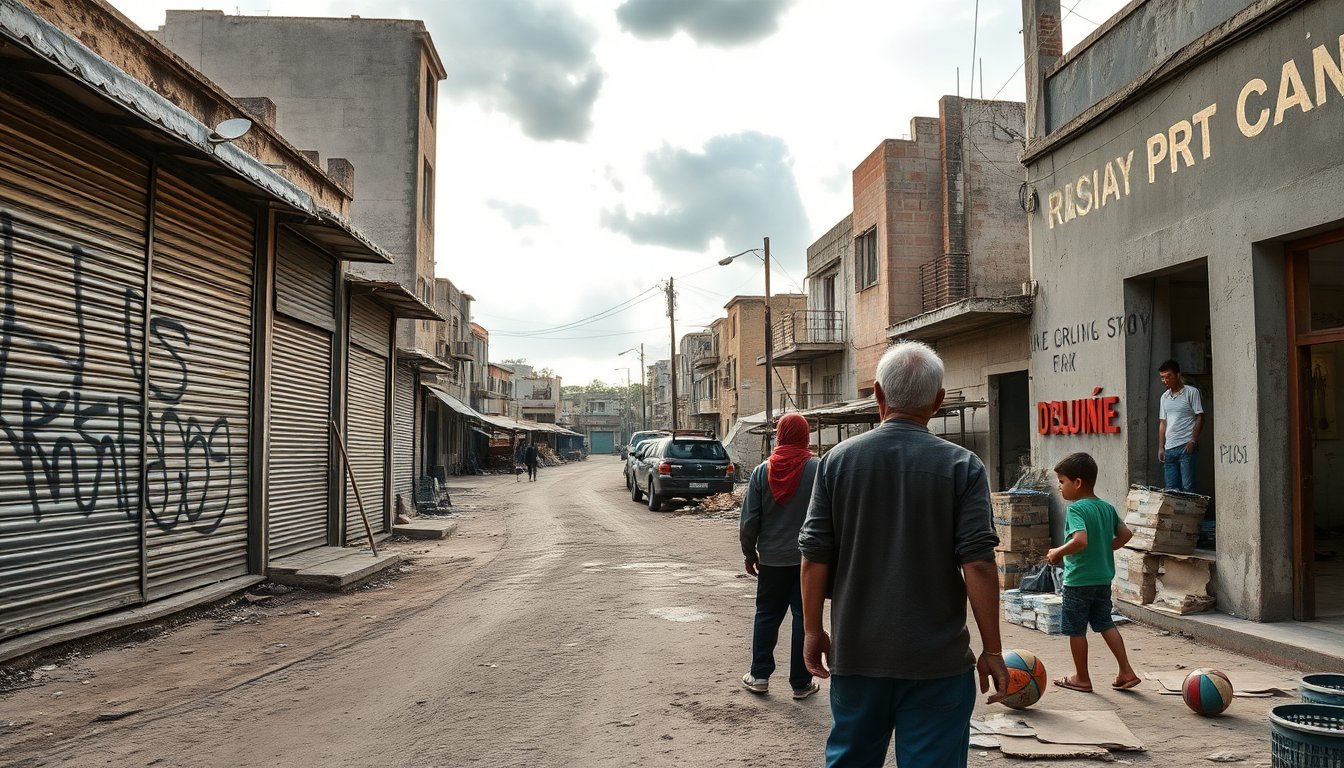Table of Contents
Unilateral sanctions, particularly those imposed by the United States and European nations, have become a significant instrument of geopolitical control, often resulting in devastating humanitarian consequences. These measures, while presented as political tools, frequently act as weapons that cause hunger and deprivation among populations in the Global South, undermining their sovereignty and economic stability. This article examines the historical context, the severe human toll of these sanctions, and the necessary steps nations can take to assert their independence from such coercive measures.
Historical Context of Unilateral Sanctions
The practice of using unilateral sanctions to exert influence dates back several decades. In the 1970s, around 15 countries faced these measures annually, primarily intended to cripple economies and destabilize governments that strayed from Western expectations. A notable example is the sanctions imposed on Chile after the election of socialist leader Salvador Allende in 1970. U.S. President Richard Nixon’s directive to ‘make [Chile’s] economy scream’ illustrates the intent behind these punitive actions. These sanctions effectively isolated Chile from international financial systems, leading to social unrest and paving the way for a coup that installed a brutal dictatorship.
As we moved into the 1990s and 2000s, the number of countries under sanctions increased to an average of 30 each year. Today, this figure has surpassed 60, indicating a troubling trend where a significant portion of the Global South is affected. The pattern is evident: sanctions are not merely responses to political disagreements but a systematic approach to enforce Western dominance.
The Human Cost of Sanctions
The human cost of these sanctions is staggering. Research has highlighted the catastrophic consequences of economic warfare, particularly in countries like Iraq during the 1990s, where sanctions led to widespread malnutrition and health crises. More recently, in Venezuela, U.S. sanctions have worsened economic turmoil, contributing to an estimated 40,000 excess deaths in a single year. A groundbreaking study published in The Lancet Global Health reveals that unilateral sanctions imposed since 1970 are associated with approximately 38 million deaths. Alarmingly, this figure exceeds the casualties of direct armed conflict, with the most vulnerable, including children and the elderly, suffering the most.
The findings underscore a disturbing reality: hunger and deprivation are not incidental outcomes of sanctions but rather central objectives. Historical documents indicate that the goal has often been to weaken the economic foundations of targeted nations, facilitating regime change through suffering and desperation.
Pathways to Sovereignty
In light of the pervasive impact of sanctions, nations in the Global South must pursue avenues for greater economic independence. This involves reducing reliance on Western-dominated financial systems and establishing alternative trade frameworks. Countries can create South-South trade agreements and develop regional technologies and payment systems that operate outside of Western influence. The recent experiences of nations like Russia highlight the potential for success in these endeavors, as they have begun to navigate away from Western financial systems.
Moreover, innovations from countries such as China—such as the Cross-Border Interbank Payment System (CIPS) for international transactions—offer valuable alternatives. These initiatives can serve as critical tools for countries seeking to reduce their vulnerability to unilateral sanctions while promoting a multipolar world where sovereignty is respected.
Ultimately, the quest for independence from coercive measures is not just about economic survival; it is a moral imperative. The world cannot accept a status quo where hundreds of thousands of lives are lost annually to sustain a hegemonic order. It is essential to dismantle systems that rely on such violence and foster a new international order based on mutual respect and cooperation.


